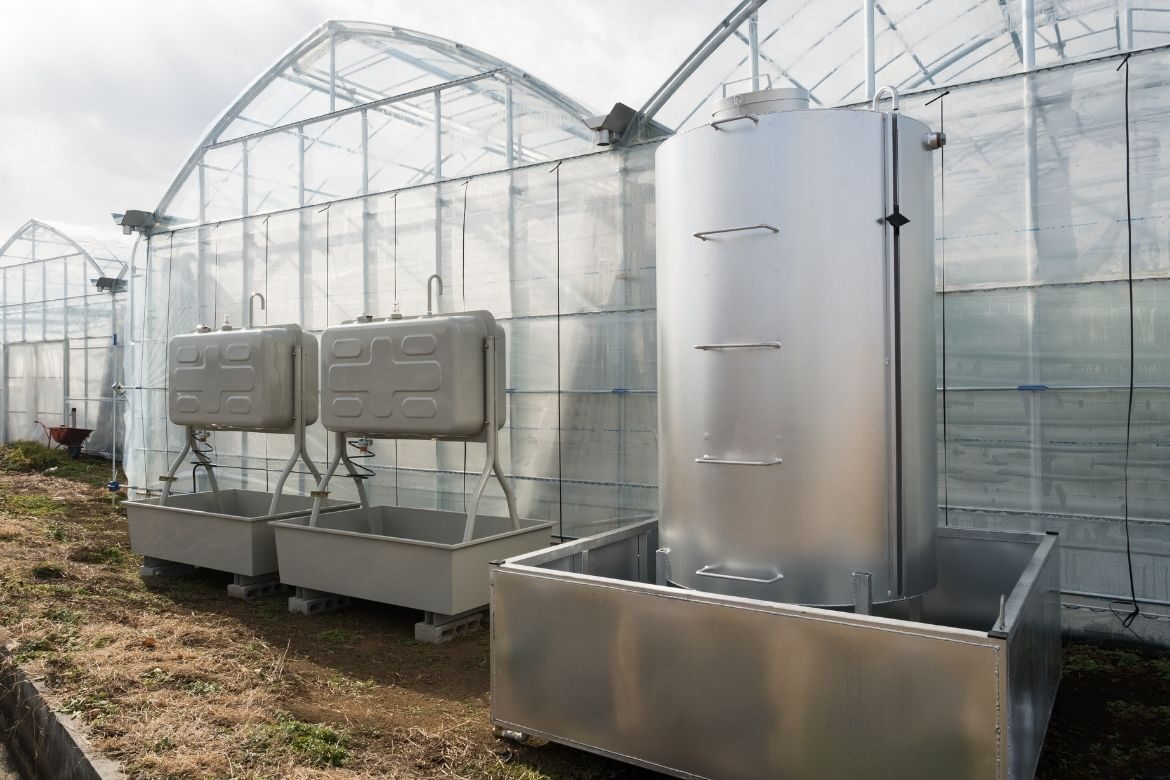The use of heat pumps for cooling and heating on Irish farms is just one tool in the tool box for creating renewable energy in future, says Teagasc. These can be utilised to warm greenhouses, thereby increasing sustainability in the Irish horticulture sector.
Energy and rural development specialist, Barry Caslin, explains that accessing geothermal energy has the potential to increase energy efficiency and reduce costs on many farms, particularly those in the horticulture, poultry, pig and dairy sectors. He says that the pumps can complement other forms of renewable farm energy, including wind, solar PV and biogas.
The specialist shared his knowledge at a workshop in Dublin recently which also saw presentations from Geological Survey Ireland (GSI), researchers from UCD and heat pump installers.
GSI’s Dr Sarah Blake explained that geothermal energy is energy that is stored beneath the surface of the earth, and noted that it is “zero carbon at source”.
She said that despite Ireland’s position away from tectonic plate lines, Irish farmers can still access this energy below the surface. “Countries with broadly similar geographical settings are making a go of it,” she said.
Outlining policy decisions needed to increase the use of heat pumps in Irish agriculture, geoscience researcher at University College Dublin, Dr Nick Vafeas said: “Currently, only 6.3% of all heating and cooling in Ireland is renewable. In Sweden, that is 66.4%. The right [Government] policy can gain that ground quite quickly.”
LSL News.

